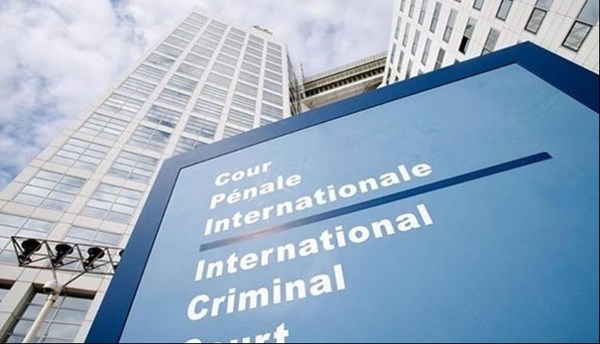Human rights activists present evidence of Russia’s crimes in Crimea to the ICC
The representatives of International Partnership for Human Rights (IPHR) have compiled a report detailing evidence of crimes against humanity in the annexed Crimea. They subsequently presented it to the International Criminal Court in The Hague. The report, ‘International crimes in the Crimea: An assessment of two and a half years of Russian occupation’, was presented on the 17th of November in Kyiv.
The report consisted of information relating to 15 enforced disappearances, data on 90 illegal arrests, 39 cases of torture, information about illegal occupation of private and state property, details of the destruction of cultural property as well as the forced displacement of approximately 60,000 people.
According to the Director of the IPHR, Brigitte Dufour, the data was collected by field teams who had to work in a climate of pressure and fear while in the Crimea. The results of the work of the media, data of the Commissioner for Human Rights and information of the OSCE were also included in the report.
“It is important to note that these crimes are widespread and systematic. They aren’t random, they have a pattern. This is why we handed over the evidence to the International Criminal Court, under Article 15 of the Rome Statute, yesterday. We want justice for those victims whose stories are told in this report. We want punishment for criminals and we especially want to fight against impunity,” Dufour explained.
A lawyer and the Project Coordinator for IPHR, Simon Papuashvili, reiterated the fact that not a single person was punished for all of these crimes since the Crimea was annexed. “We want to compel the International Criminal Court to carry out the investigation that would lead to accusations and subsequent arrests of high-ranking officials of the Russian Federation,” Papuashvili said.
The IPHR noted that the consideration of cases in the International Criminal Court is a long process. For example, eight years have already passed since the case regarding aggression in Georgia began its preliminary consideration proceedings. These proceedings are held to determine whether these crimes fall under the regulations of the Rome Statute. Only then can the actual legal proceedings begin.
However, in the case of Ukraine, lawyers have given a more optimistic time period of three years before legal proceedings can begin.
